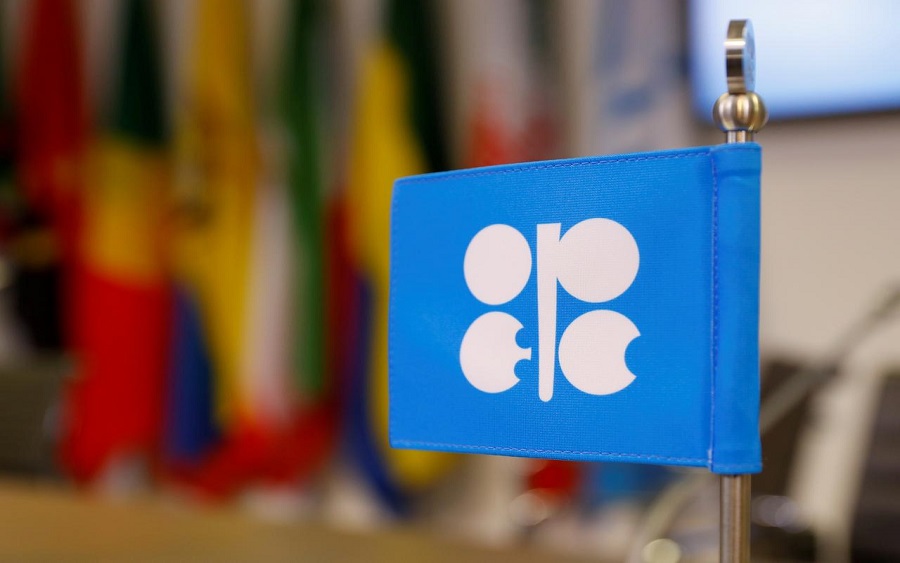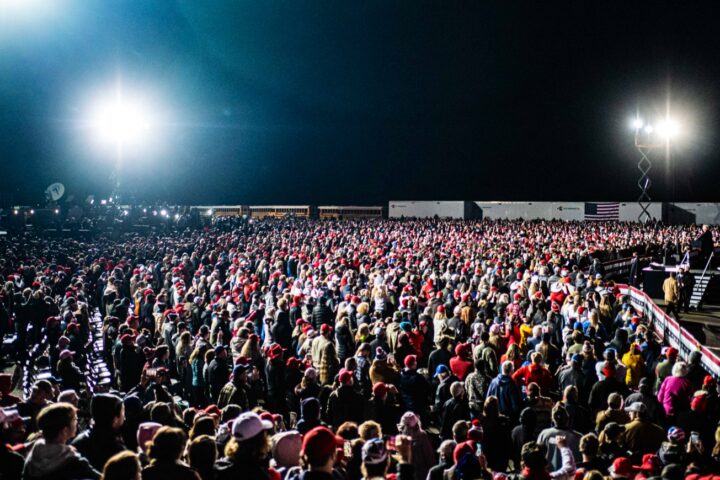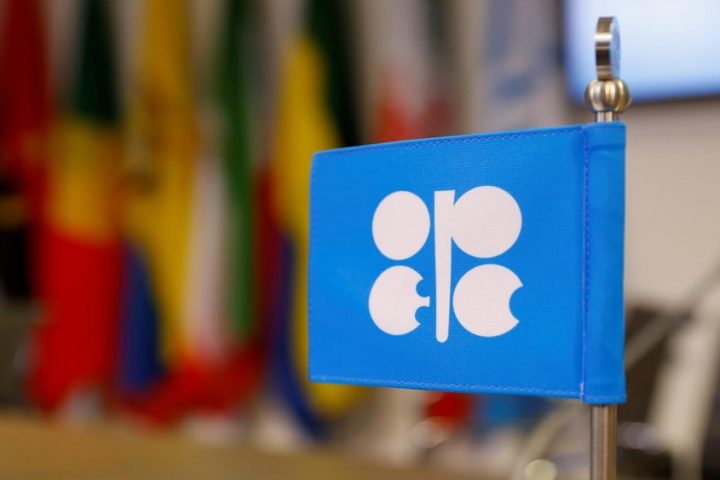Every way you turn, problems abound, and the good news is few and far between.
The bottom line is that the global energy crisis will worsen before it gets better.
I summarise some of the latest highlights affecting global energy, which we discussed at Gulf Intelligence’s daily energy markets live video podcast.
Global economy and food crisis
- The outlook for the global economy looks bleak. Even though the US may escape it, Citigroup is convinced Europe will go into recession
- The IMF forecasts global GDP growth to slow from 6.1% in 2021 to 3.6% in 2022, 0.8% lower than forecast in January
- It warned against global economic fragmentationas a consequence of Russia’s invasion of Ukraine, saying that undoing decades of integration will make the world poorer and more dangerous
- The IMF also said that nations should lower barriers to alleviate shortages and reduce prices after more than 30 countries restricted trade in food, energy, and other commodities
- The World Health Organization warned that 94 countries are at risk of facing severe hunger or famine and that surging consumer prices threaten disruption – there is an increasing risk of a global food catastrophe
- Trade in goods is taking a hit as inflation gets worse and worse worldwide, and it is slowing down shipments.
Oil prices
- There is no prospect of oil prices coming down. On the contrary, they are likely to increase further as China comes out of COVID-19 lockdowns. Reduced inflation data in the US and Europe would also provide a boost to oil prices and EU sanctions on Russian oil – if these are ever agreed
- IEA executive director, Fatih Birol, warned that given the current global supply/demand situation, there is only one thing that can stop oil prices from surging higher, and that is Chinese demand continuing to remain weak over the next few months
- But according to Platts, China’s May oil demand will increase to 14 million b/d from 13.35 million b/d in April
- The market anticipates strong stimulus measures in China that would increase its oil demand by 4% year-on-year, adding 600,000 b/d in the second half of 2022 – provided, of course; COVID is over
- India’s Oil Minister, Hardeep Singh Puri, told the World Economic Forum in Davos that a crude oil price of $110/barrel was not sustainable, as the world faces an energy price crisis which is contributing to rising global inflation
- A side effect of high prices is reducing energy demand in Europe. As a result of their impact on the slowdown in Europe’s economic activity, high prices are expected to reduce energy consumption by 3% by next year. If a recession comes, it will make it worse.
EU embargo on Russian oil
- Germany and Netherlands said the EU will likely agree an embargo on Russian oil imports “within days.”
- But Bloomberg says the EU’s embargo on Russian oil seems unlikely to move ahead during next week’s special meeting of the European Council in Brussels – Hungary refuses even to discuss it
- Also, the FT reports that there is no end in sight to Hungary’s oil sanction standoff – its stance on the oil embargo, the rule of law and the de facto suspension of EU funds are all tied up in a Gordian knot
- Russia says its economic ties, including oil and gas, are growing with China after being isolated by the West over its invasion of Ukraine
Oil demand
- OPEC+ is struggling to meet agreed production quotas, and Russia is managing to shift volumes shunned by Europe toward Asia
- There is talk about the EU employing an import tariff on Russian oil with the idea that Russian crude oil will remain on the market, thus preventing price spikes while reducing the amount of revenues received by Russia
- But with more time, Russia will be able to place increased volumes into alternative markets, which will make a ban from the EU of limited relevance.
- This risk is highlighted by increasing demand from India and China, whose crude oil imports from Russia have increased substantially. China is discussing additional purchases of Russian crude oil to fill its strategic petroleum reserve
- Russia is proposing joint refineries with BRICS countries. Russia’s industry minister, Denis Manturov, floated the idea of establishing joint oil and gas refining facilities with other BRICS nations (Brazil, India, China, and South Africa) to ease their dependence on “unreliable partners.”
- Saudi Arabia has signalled it will stand by Russia as a member of the Opec+ group of oil producers despite tightening western sanctions on Moscow and a potential EU ban on Russian oil imports.
Oil and gas investment
- Amin Nasser, CEO of Aramco, said the West needs to continue investing in oil and gas until renewables can address disruptions
- He said under-investment in hydrocarbon projects, intended to help the world reach net zero emissions by 2050, had left the industry unable to guarantee affordable energy supplies because little had been done to curb demand. “The crisis is just indicating to us [that] you are running the entire world with not enough spare capacity.”
- He also said the energy shock shows the need to rethink the green transition
- EU’s heads of government are likely to back later this week a proposal to consider levying a temporary windfall tax on some energy companies as oil, gas and electricity prices soar. But energy companies countered that by saying that it will slow down investment in new energy projects if it happens.
Climate issues
- Wall Street and green groups diverge on how they see Big Oil’s climate progress
- Rising prices and a new global political focus on energy security have lifted the mood of oil and gas producers, who are more bullish about their prospects now than they have been in years
- The European Commission announced that the target for renewables in the energy mix will increase from 40% to 45% and a reduction in total energy consumption of 13% by 2030, compared to the current target of 9%. It will also invest an extra €210 billion until 2027 to end dependence on Russian fossil fuels
- Shell’s AGM was derailed on Tuesday by climate activists protesting against the company’s continued development of fossil fuels
- HSBC had to backtrack from comments from one of its senior executives that dismissed the financial risks of climate warming
- According to the World Meteorological Organization, international promises to transition to renewable energy aren’t changing the dynamic quickly enough. The hottest seven years on record have all been since the Paris Climate Agreement in 2015, and since the 1980s, each decade has been warmer than the previous one
- President Biden made a statement about petrol prices during a joint press conference with Japan’s Prime Minister Fumio Kishida on Monday that seemed to justify the sky-high prices Americans face at the pump. He said, “Here’s the situation. When it comes to the gas [petrol] prices, we’re going through an incredible transition that is taking place that, God willing, when it’s over, we’ll be stronger. When this is over, the world will be stronger and less reliant on fossil fuels,” which infuriated many in the US
- Germany plans to put idled coal plants, about 8.5 GW, on standby until 2023 in case of gas supply disruption.
US on the world stage
- Clean energy and decarbonization form one of four pillars in the Indo-Pacific Economic Framework for Prosperity (IPEF) announced on 23 May between the US and 12 countries, that include India, Japan, Indonesia, Malaysia, South Korea, Vietnam
- The US has declared that in the event of a Chinese invasion of Taiwan, the American military would defend Taiwan. This represents a major shift, which could have global implications
- The US is negotiating a deal among Saudi, Israel, and Egypt over two disputed islands in the Red Sea. If it succeeds, it could lead to the normalization of relations between Saudi and Israel – key to the full normalization of relations between Israel and the Arab States
Turkey’s contrariness
- With presidential elections in Turkey in January and Erdogan behind in polls, there is concern that to solve his internal political problems; he may resort to increasing tension externally
- On Monday, he said Greece’s Prime Minister Mitsotakis “no longer exists” for him because Mitsotakis was trying to block sales of F-16 fighter jets to Turkey during a visit to the US
- This was after he blocked Finland and Sweden from joining NATO
- Turkey acquired a fourth drilling rig and planned to deploy it in the East Med this year, upping tension in the region again. It also dispatches a survey vessel in the Aegean, increasing tension with Greece.
Dr Charles Ellinas is Senior Fellow at the Global Energy Center, Atlantic Council
Twitter: @CharlesEllinas










